The Future of Decentralized Autonomous Organizations
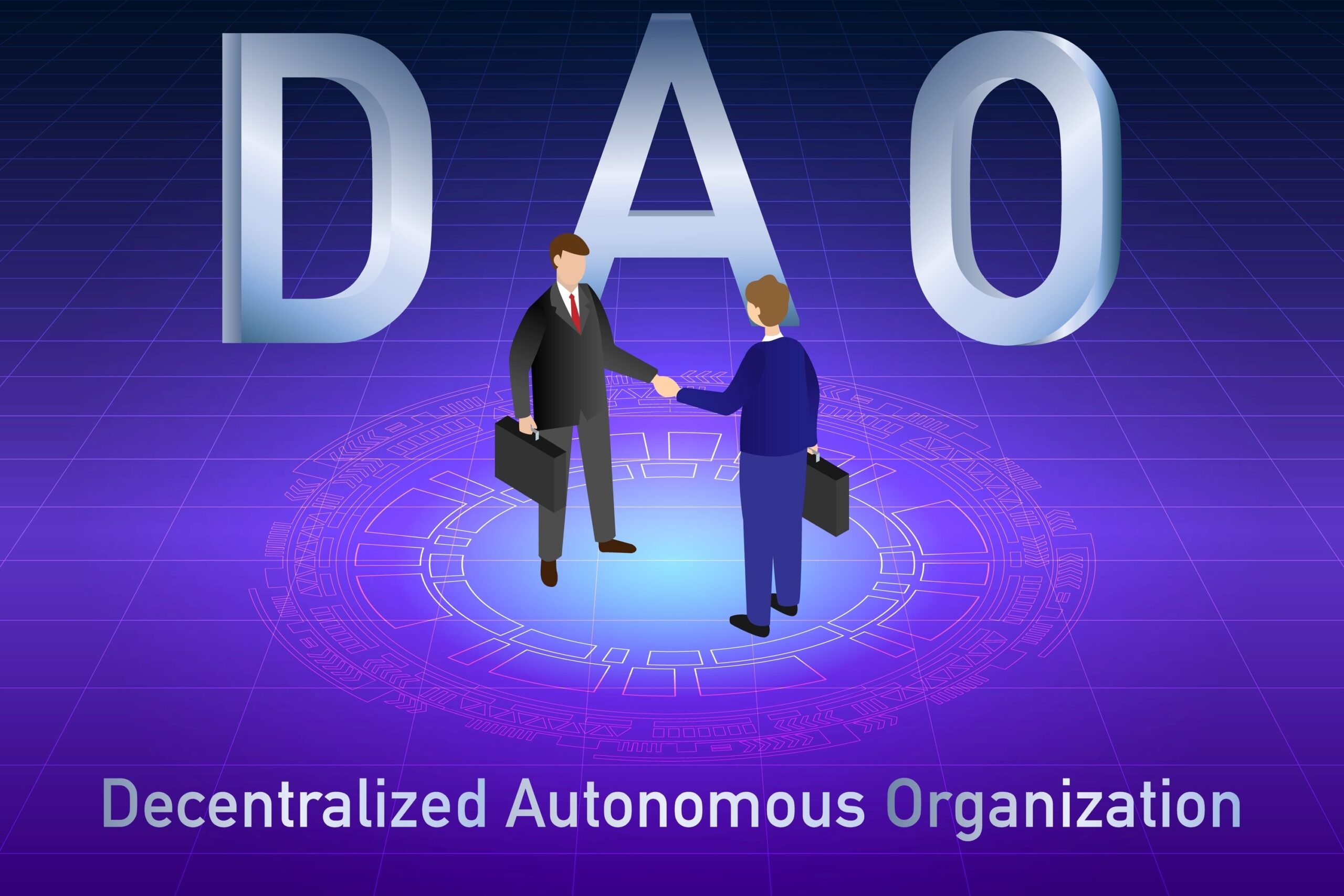
Have you ever dreamt of running a business where everyone has equal say in decisions, and no single authority holds all the cards? Imagine escaping the frustration of bureaucratic layers, slow-moving management, and a lack of transparency. Sounds intriguing, right? Well, that’s precisely the promise of Decentralized Autonomous Organizations (DAOs)—business entities that are transparent, democratic, and governed collectively.
Like many crypto and technology enthusiasts, I’ve been closely watching the exciting rise of DAOs. Trust me when I say, this innovative structure might just be the revolutionary solution we’ve all been craving.
Why Traditional Organizations Are Losing Trust
Let’s be honest here: traditional business structures can feel frustrating. Decision-making often gets stuck behind closed doors, leaving everyone from employees and investors to customers feeling powerless and disconnected. According to Edelman’s 2023 Trust Barometer, only 50% of the public now trusts traditional business leaders, showing a clear breakdown of confidence. This increasing disappointment stems from common challenges like:
- Bureaucratic barriers: Endless paperwork and layers of approval slow down innovation.
- Lack of transparency: Employees and stakeholders often don’t understand how or why major decisions are made.
- Centralized power structures: Only a select few individuals call the shots, alienating the majority.
Unfortunately, these issues aren’t improving; they’re getting worse. So what can we do differently?
DAOs Could Change the Game
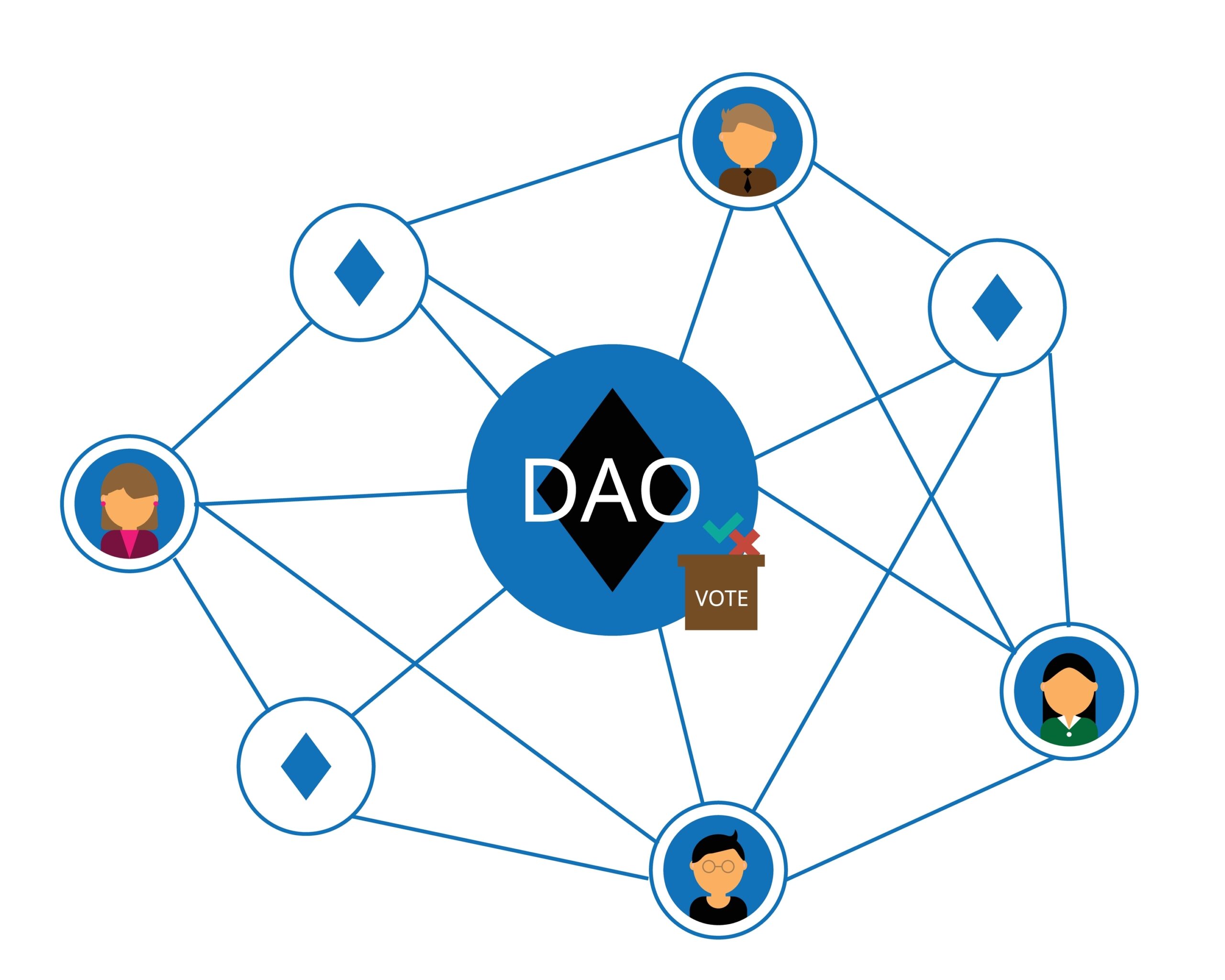
This leads us straight to decentralized autonomous organizations—business communities built on blockchain. DAOs replace hierarchical identities with decentralized governance, enabling transparent and fair voting on strategic decisions. Some of the compelling qualities of DAOs that make them increasingly attractive include:
- Total Transparency: Every action, vote, and decision within a DAO is publicly recorded on a tamper-proof blockchain ledger.
- Collective Decision-Making: Instead of a boardroom elite, voting rights are distributed across all members, creating equal participation.
- Reduced Costs & Efficiency: By automating processes through blockchain-powered smart contracts, overheads and middlemen costs are significantly reduced.
According to Deloitte, new-age governance structures such as DAOs could address concerns around trust, accountability, and governance effectiveness in traditional corporations. They’re not just theoretical anymore; major projects have successfully adopted DAO structures, proving they have genuine real-world practicality.
Why You Should Keep Reading
Intrigued yet? There’s more to unpack—exactly how do these fascinating DAOs function, what’s happening behind the scenes with blockchain and smart contracts, and who’s already bringing these ideas to life? In the next part, I’ll show you real-world examples that demonstrate how these innovative communities operate in practice.
Ready to discover what makes DAOs genuinely revolutionary? Great, keep reading!
What Exactly Are Decentralized Autonomous Organizations (DAOs)?
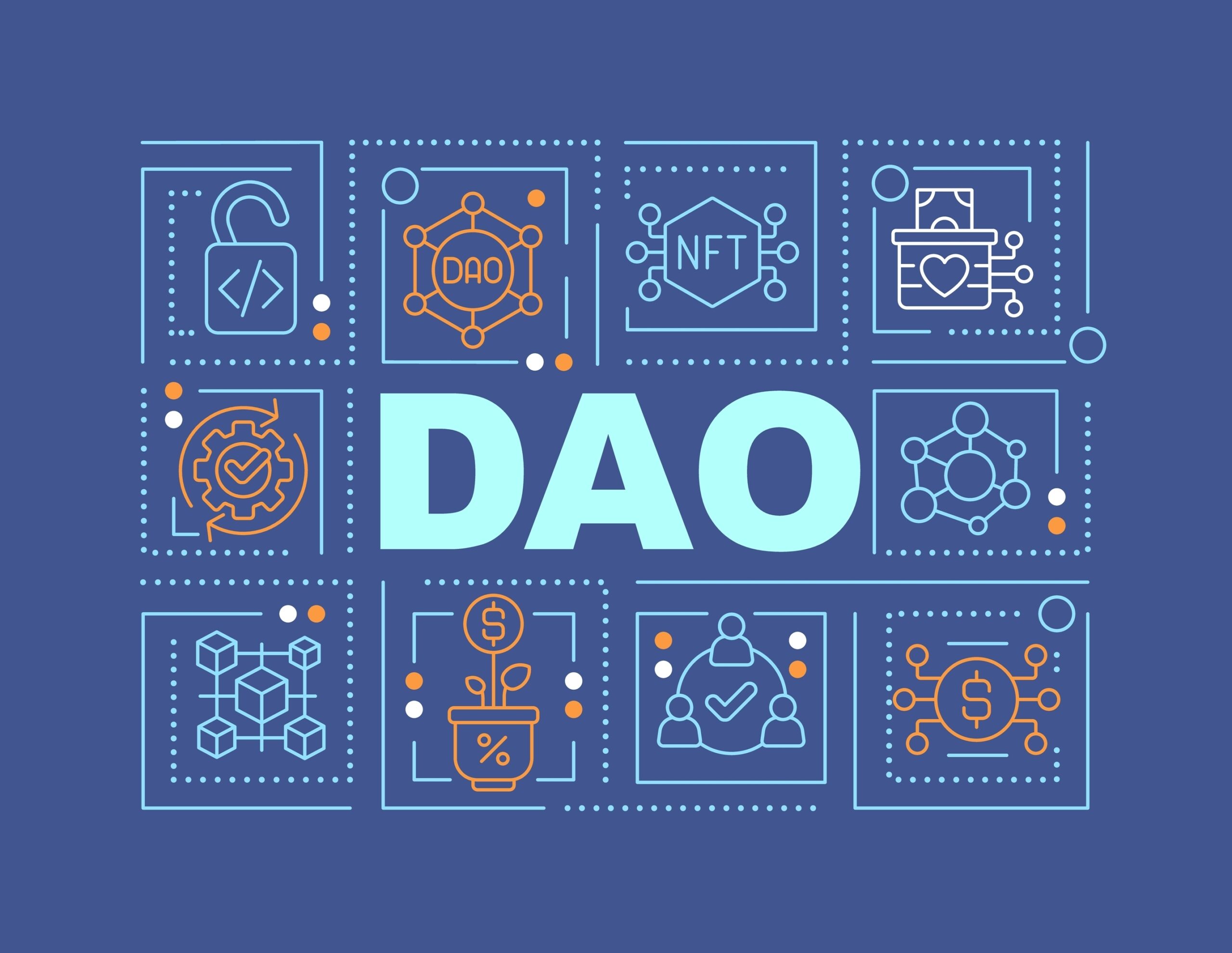
When I first heard about DAOs, I was intrigued yet confused. “Are we talking about a new form of business, a type of crypto-project, or some futuristic democracy experiment?” Chances are you’ve had similar questions. Let’s simplify this a bit.
In basic terms, a Decentralized Autonomous Organization (DAO) is a new kind of collective business structure powered entirely by code. Imagine a company without CEOs, managers, and boardrooms. Instead, it’s built on blockchain technology where transparent, secure smart contracts guide every operation and decision. Pretty wild, right?
“DAOs are essentially communities with a shared bank account, where governance and spending are transparent and collectively decided.” — Cooper Turley, crypto investor & DAO enthusiast.
How Does a DAO Work in Plain English?
Here’s how it works without any cryptic talk (see what I did there?): Everyone agrees on rules written clearly in a code known as smart contracts. These contracts live on a blockchain (usually Ethereum), making them transparent and immutable—no sneaky back-alley deals possible. Everyone involved holds tokens, functioning like shares, granting them voting rights. Got tokens? You have a voice. Simple.
The key features that separate DAOs from traditional organizations:
- No Central Authority: Everyone gets a say. Decisions are made democratically by the group, not a single CEO or board.
- Transparency: Activities and decisions happen out in the open, creating trust by default.
- Automated by Code: Contracts execute automatically without human interference once conditions are met, removing bottlenecks and bias.
Real-Life Examples of DAOs You Might Have Heard About
You’ve likely come across some buzzworthy examples of DAOs making headlines:
- ConstitutionDAO: Remember when a group of strangers banded together online aiming to buy an original copy of the U.S. Constitution at an auction? Although they narrowly lost the bid, their innovative crowdfunding showed the incredible power of collective financial strength.
- MakerDAO: Famous for creating the stablecoin DAI, this DAO is a self-sustaining system where members vote on monetary policy, fees, and governance updates. Their aim? Provide a stable digital currency pegged to the US dollar without traditional banks involved.
- Uniswap: One of the biggest decentralized exchanges (DEXs) in the crypto realm, operated entirely by smart contracts and governed democratically through token-holder votes.
These remarkable stories show DAOs aren’t just theoretical—they’re actively reshaping the idea of ownership, governance, and community teamwork as we speak.
Intrigued yet? Now you’re probably wondering why everyone seems suddenly so interested in this decentralized model. What problems are DAOs actually solving, and why now? Stick around, and I’ll show you exactly why DAOs are catching everyone’s attention today.
Why DAOs are Gaining Popularity Today
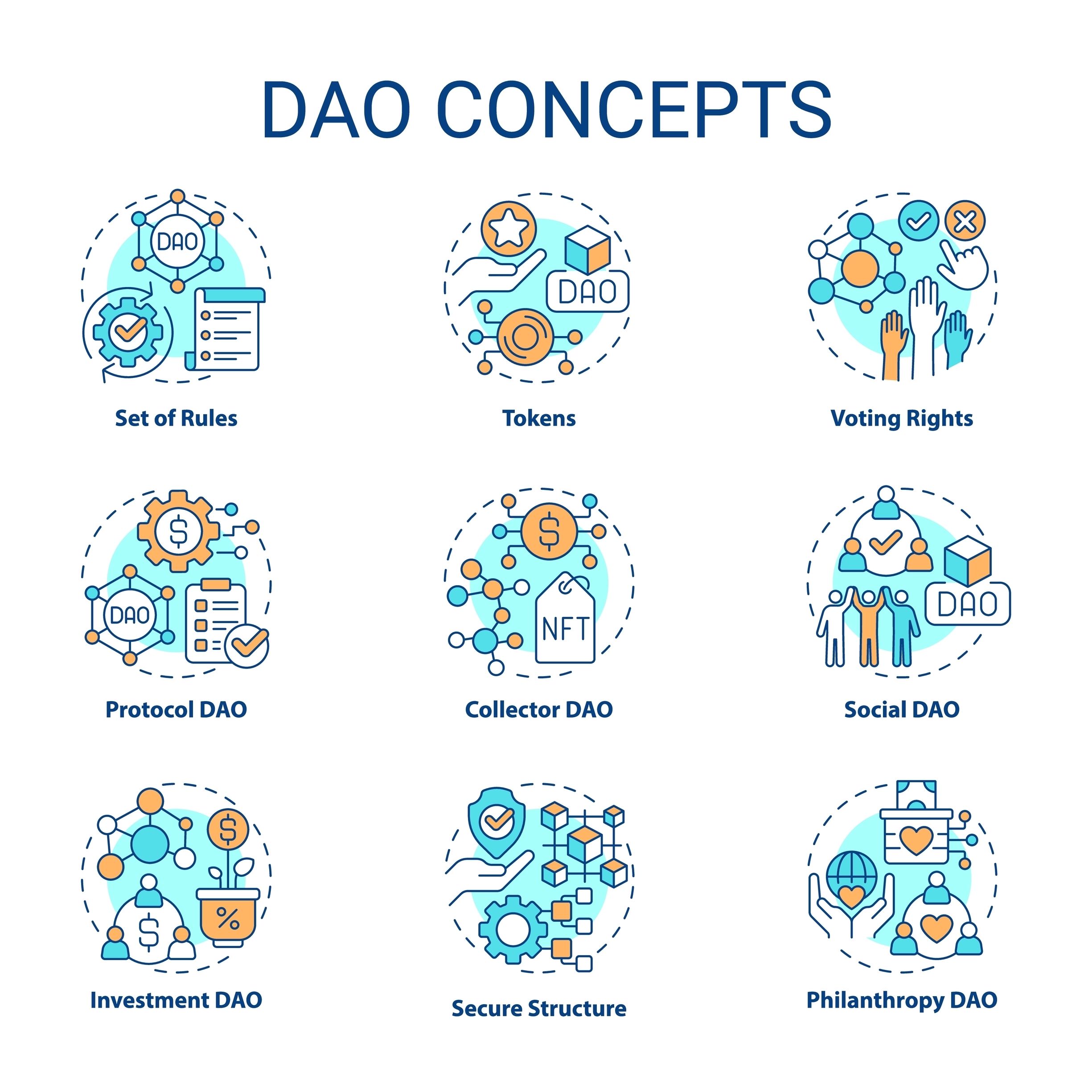
It seems like everywhere I turn lately, DAOs are popping up—on crypto forums, business blogs, even mainstream news sites. But why this sudden attraction? What’s making people, investors, and founders excited about Decentralized Autonomous Organizations now more than ever?
The Benefits of DAO Structure for Businesses
I’ve noticed businesses increasingly exploring DAO structures because they solve real issues traditional systems struggle with. Here are a few key benefits catching everyone’s attention:
- Radical Transparency: Every decision and transaction is recorded openly through blockchain technology. This openness boosts accountability significantly—no more worrying about shady deals behind closed doors. According to an insightful analysis by the Utah Commerce blog (source), businesses registering as DAOs have seen noticeably enhanced transparency and boosted trust from stakeholders.
- Lower Operating Costs: Traditional bureaucracies can eat away a huge chunk of profits. By outsourcing governance and operational tasks to code-driven smart contracts, DAOs significantly streamline processes. Less overhead means more resources for innovation and growth.
- Flexible Decision-Making: Traditional corporations often struggle with rigid hierarchies, making swift decisions nearly impossible. DAOs, on the other hand, leverage democratic member vote-based systems, allowing rapid adaptation and quicker reactions to market changes.
Why Investors and Users Appreciate DAOs
But here’s what’s intriguing—it’s not only business founders who are excited about DAOs. Investors and everyday users appreciate the structure too. Why is that?
Primarily, it’s about trust. When governance happens in full view, every stakeholder feels valued and heard. Just imagine, as an investor, having a direct say in critical project decisions rather than passively observing. DAOs eliminate the traditional disconnect many feel toward organizational decision-making.
Here’s what Ethereum’s Vitalik Buterin said regarding DAOs:
“The idea of decentralized autonomous organizations—completely transparent, secured by cryptography, and governed by code, not people—solves essential trust issues. It unlocks a sense of ownership and belonging we rarely see in traditional companies.”
Additionally, DAOs align incentives beautifully. Investors and community members benefit directly from the growth of the DAO, creating a highly motivated, collaboration-focused environment. We saw this clearly with ConstitutionDAO, a fascinating real-life example where thousands raised over $47 million to collectively own a rare historical document.
With all these compelling features, everyone seems keen to jump onto this DAO-driven wave—but wait just a second. Could there be some hidden challenges or risks under the surface?
If you’re curious to flip the coin and examine some potential pitfalls of the DAO trend, stick with me, because I’m about to reveal important considerations in this exciting yet complex ecosystem.
Main Challenges of Current DAO Models
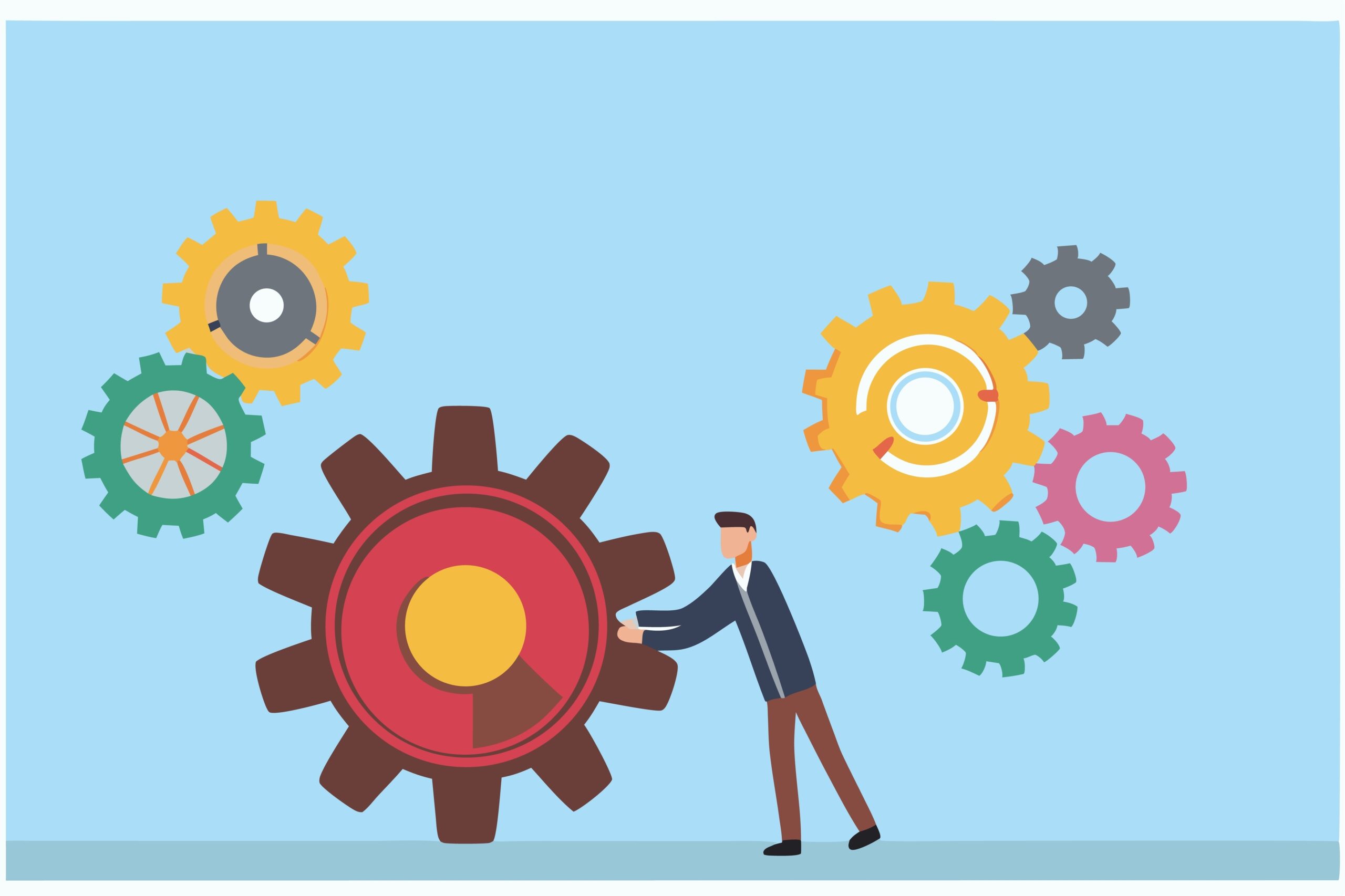
I can’t deny the excitement around DAOs recently—but let’s face it, there’s always another side to every coin. DAOs are fully decentralized, community-run, and promise remarkable transparency, but that doesn’t mean they’re free of hurdles. As much as we love the idea of cohesion, fairness, and open decision-making, several real-world challenges persistently linger around current DAO models.
Technical Complexity and Security Concerns
We’ve seen inspiring success stories like MakerDAO, but unfortunately, we’ve also observed some critical failures. Why? It boils down to technical complexity and the risks that come with it. Smart contracts are incredible, but they’re also notoriously difficult to create flawlessly. Even minor bugs can lead to catastrophic losses. Remember “The DAO” hack back in 2016? A tiny vulnerability in its smart contracts allowed attackers to drain around $60 million worth of Ether, forcing the Ethereum blockchain to split and causing major community debate.
Investopedia highlights this clearly: without proper technical expertise in coding and managing smart contracts, there’s always the risk of compromised voting and decision-making processes. Security challenges aren’t hypothetical—they’ve happened before, driving home the need for top-notch developers and continuous audits.
Potential for Mismanagement and Voter Apathy
Even with the best technology and solid security audits, DAOs face practical human problems. Just because a community can vote, doesn’t mean it always will—or that it will vote wisely.
Case in point: voter apathy has severely impacted participation in some notable DAOs. Started with great enthusiasm, the ConstitutionDAO—a widely publicized attempt to buy a copy of the US Constitution—lost vital momentum after failing to secure the artifact. Interest faded swiftly, leaving millions of dollars “stuck” due to uncertainty and inactivity of token holders.
- Voter Apathy: Low voting participation means decisions lack wider community input and legitimacy.
- Mismanagement: Without clear leadership or defined roles, DAOs may struggle with indecision or chaotic governance.
On this note, Chris Dixon of Andreessen Horowitz mentioned an important observation:
“DAOs depend heavily on sustained passion and engagement from the community. Without it, these decentralized projects can quickly become dormant.”
Are We Stuck Then?
Far from it! Challenges don’t outweigh the promise DAOs bring. The key might lie in combining current innovations with emerging technologies like artificial intelligence.
Curious how AI could fix or ease these DAO problems? Wondering how AI and DAOs might team up to boost effectiveness and reduce human errors?
Keep reading, and soon you’ll see exactly how AI-driven technologies are reshaping the future of DAOs.
The Intersection of AI and DAOs: Decentralized AI
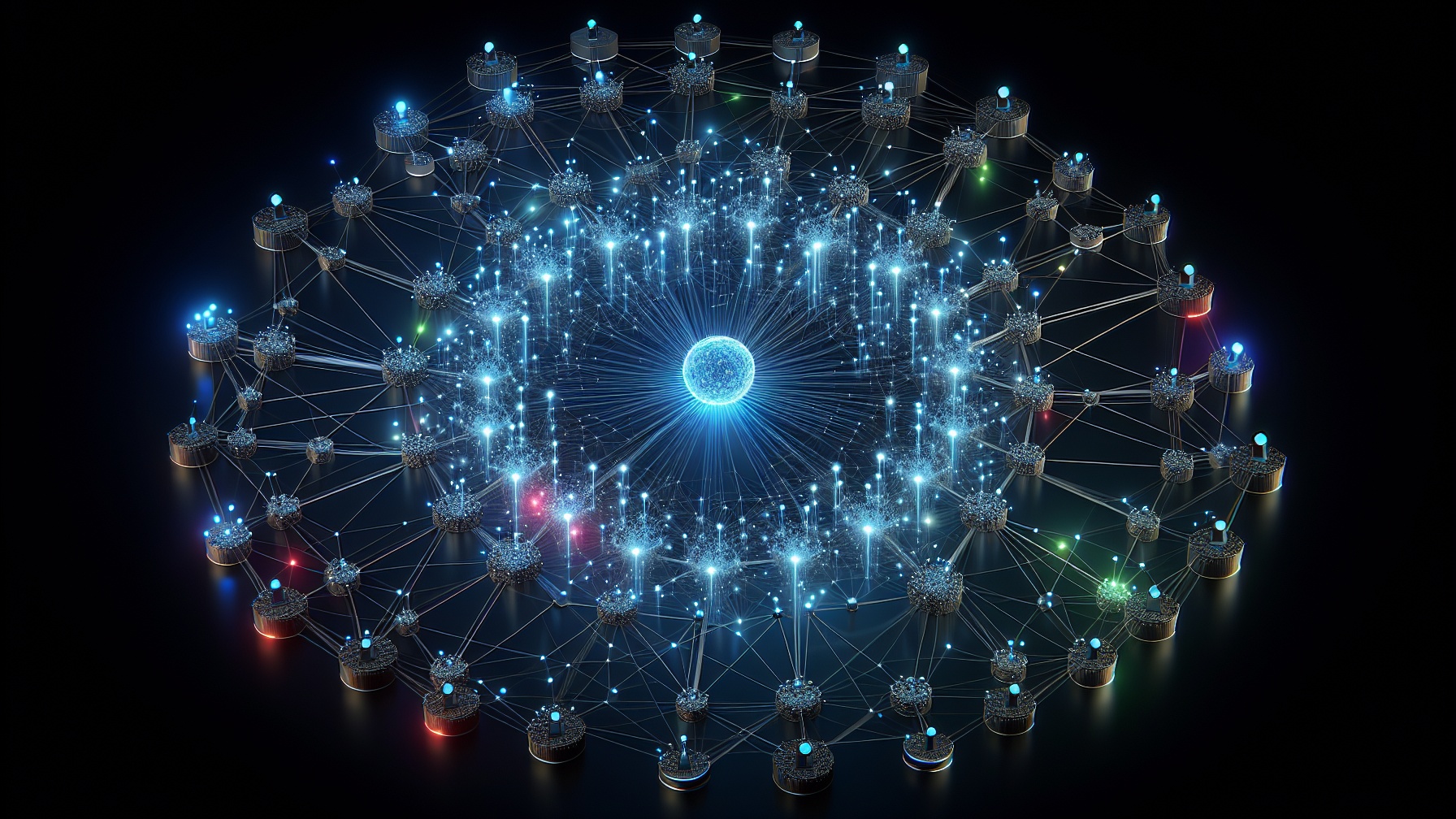
Have you ever wondered how much better decision-making could be if aided by Artificial Intelligence? Now, imagine combining AI’s analytical prowess with decentralized decision-making—putting collective intelligence on turbo mode. That’s precisely what’s happening with Decentralized AI or DeAI, an innovative field rapidly bubbling to the surface.
What is Decentralized AI and Why Should DAOs Care?
In simple terms, Decentralized AI is about running artificial intelligence systems across multiple distributed nodes rather than through a centralized system. It’s AI enhanced by blockchain-based solutions—essentially the perfect partner for a DAO revolution. Here’s why it’s suddenly so attractive:
- Better Decisions, Faster: A decentralized AI system helps DAOs quickly analyze massive amounts of community data—like member preferences and voting patterns—to make smarter, quicker decisions.
- Increased Community Engagement: DeAI could recognize patterns of inactivity among DAO members and automatically prompt engagement and participation, reducing voter apathy.
- Enhanced Security: By decentralizing AI, no single weak point exists. The system is spread across nodes, reducing chances of a single point of failure or targeted attacks.
Picture a DAO like MakerDAO or Uniswap, enhanced by intuitive AI—it could automatically detect financial anomalies, assess market sentiment trends, and even recommend actions based on members’ past preferences. Imagine avoiding those endless discussions or missed opportunities just because decision-making took too long or too many voices drowned each other out.
“Combining decentralization and artificial intelligence doesn’t just enhance efficiency—it’s like adding a turbocharger to collective intelligence.” – Blockchain Visionaries.
Real Potential and Growth Projections
Decentralized AI isn’t just theoretical hype—real money and momentum fuel this engine. Industry reports highlight eye-catching figures:
- According to Interexy and Statista, the global decentralized AI market is projected to soar significantly by 2030, making it one of blockchain’s fastest-growing sectors.
- Statista estimates decentralized AI technology could become a multi-billion-dollar market within this decade thanks to growing uptake by forward-thinking companies and announcements from leading technology players.
This growth isn’t just promising from the perspective of technological adoption: it’s a clear indicator of where smart money and innovation intersect. Can you imagine what it could mean for the DAO space when such potent technology embraces our decentralized organizations?
This leads me to wonder: If AI can power so much value, where else could we see DAOs disrupt entire industries beyond cryptocurrency? Could art, healthcare, or other unexpected fields become the surprising next destinations for decentralized autonomous organizations? Let’s explore this together—keep reading to find out!
Emerging Trends that Will Shape the Future of DAOs
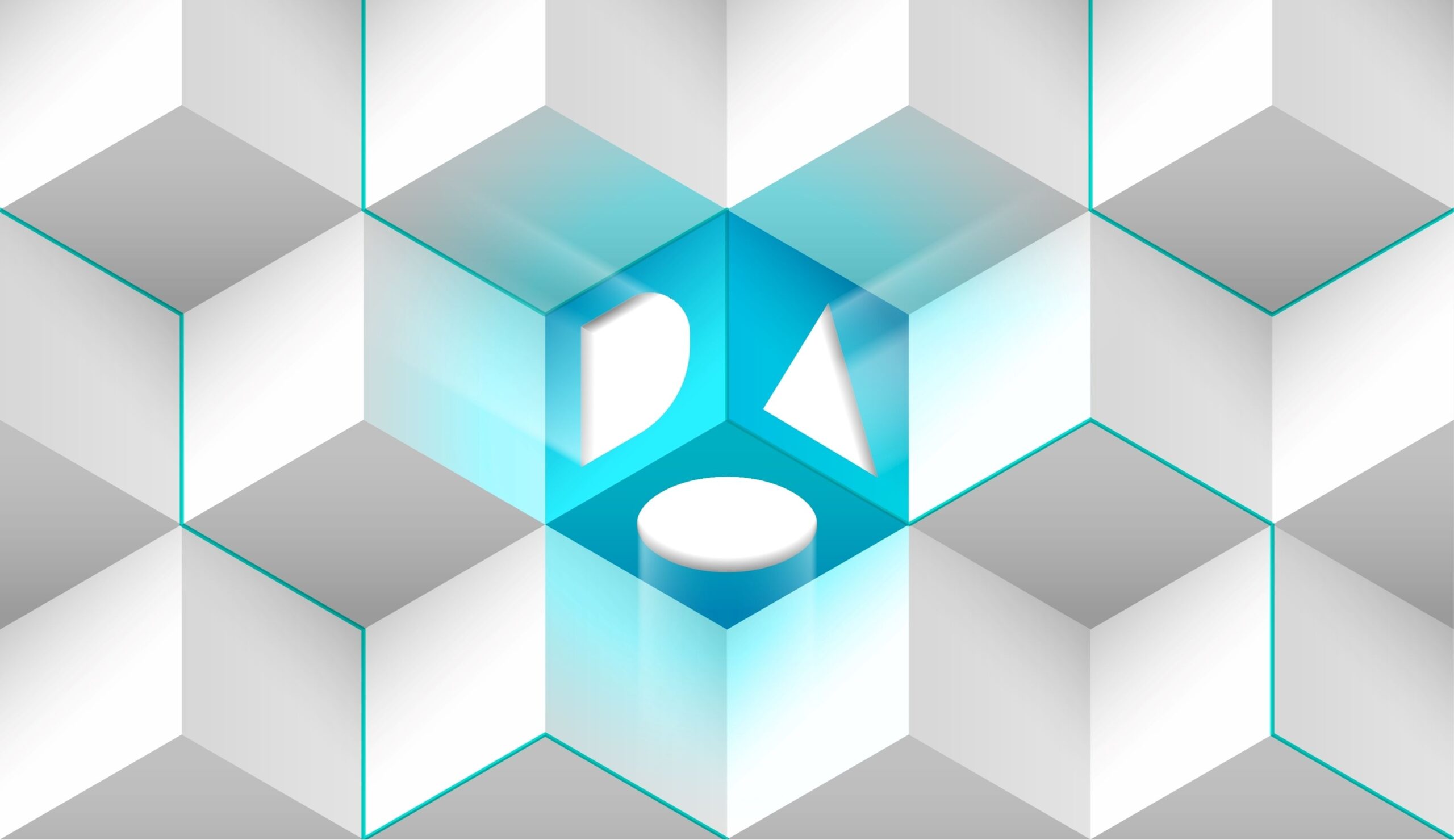
The crypto landscape evolves quicker than we imagine, and DAOs are no exception. As we speak, exciting trends are emerging. Not only will these trends shape how DAOs function, but they will most likely redefine entire global industries as we know them. Curious? Let’s see what’s coming.
Expansion Beyond Crypto: DAOs Entering Healthcare, Art, and Beyond
When you think of DAOs, you probably imagine crypto-centric finance or blockchain startups, right? But here’s what’s really fascinating: DAOs are now breaking into completely new territories like healthcare, art, music, real estate, and even social causes. The promise of transparent, distributed governance turns out to appeal strongly to areas far beyond finance.
For instance, consider VitaDAO. This innovative DAO is funding longevity and anti-aging research. Members collectively decide which promising biotech startups to back financially—without traditional hurdles, inefficiencies, or bureaucratic slowdowns. Decisions are voted democratically and transparently right on the blockchain, changing healthcare research funding as we’ve known it.
Another great example is the world of art and music. Artist collectives like PleasrDAO champion decentralized ownership of rare digital art—allowing artists and collectors alike to share ownership, exposure, and profits. Isn’t it amazing to imagine decentralized communities driving the next big creative movement, freeing creators from traditional gatekeepers?
We might soon see DAOs shaping all sorts of sectors, offering collective decision-making power in:
- Sustainable energy projects
- Real estate management & investment
- Nonprofits and charity initiatives
- Education & online learning communities
“The digital organization of tomorrow is not centralized, it’s collective.” – Kevin Owocki, founder of Gitcoin.
Legal Recognition and Government Regulation
Now, let’s be realistic—wherever disruption happens, regulations inevitably follow. But maybe regulation isn’t always a bad thing. In fact, clearer laws around DAOs could give mainstream users more confidence to join this innovative adventure.
One sign of growing legal acceptance happened in Utah recently. In early 2024, Utah introduced groundbreaking legislation that recognizes DAOs as legally valid LLC structures. Such moves boost credibility for decentralized organizations and offer strong protection for members and stakeholders involved.
Of course, government oversight can also raise complexities and challenges around anonymity, decentralization, and borderless governance. But seeing mainstream legal acceptance is a powerful indicator that DAOs are becoming a legitimate, widely recognized organizational alternative.
As DAOs become legally recognized, investors, entrepreneurs, and everyday users alike will find it safer and easier to step into this new way of collaborative decision-making.
So, how will these fascinating new developments affect the overall future? Is the wider business world ready—really ready—for these collective structures to become mainstream? Let’s take a peek into what the top industry experts think. I’ll share insights from leading voices in the field next—ready to see if the biggest names in crypto bet for or against the DAO revolution?
What Experts Say About the Future of DAOs
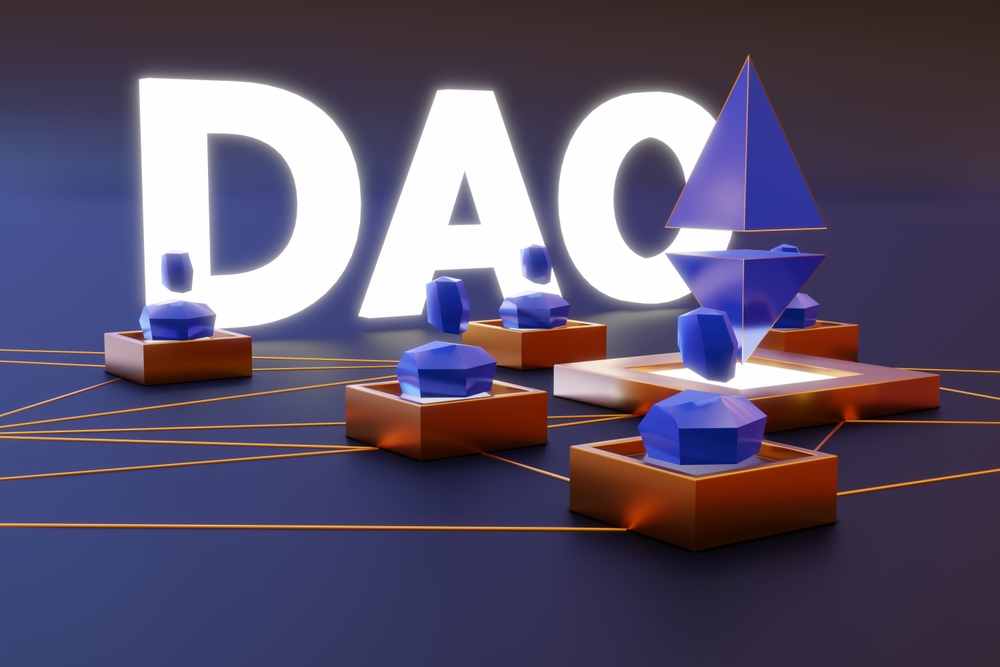
If you’re still wondering how big this DAO phenomenon might get, you’re certainly not alone. I’ve dug around some top expert opinions to give you a snapshot of where industry leaders think DAOs could be heading.
World Economic Forum’s Take: DAOs as Future Business Structures
The influential folks at the World Economic Forum (WEF) recently sparked widespread conversation by openly suggesting that DAOs might soon become mainstream business models. According to WEF:
“DAOs challenge everything we think businesses should be—transparent decision-making, distributed ownership, and decentralized control could redefine future economic collaboration.”
Think about that for a second. A respected global authority acknowledging that DAOs might reshape business as we know it—breaking down traditional hierarchies and empowering everyday people. Imagine a world where your voice actually matters in companies you love.
OSL Insights: Bright or Uncertain Road Ahead?
Of course, not everyone sees the DAO pathway as straightforward. OSL’s analysis presents several scenarios—from amazing success stories propelling DAOs into the daily mainstream, to more cautious takes saying adoption faces roadblocks regarding regulation and user involvement.
They highlight a few interesting scenarios:
- The Optimist’s View: DAOs go viral, becoming the norm rather than the exception; companies around the world eagerly transition to more transparent, democratic operational models.
- The Cautious Perspective: Yes, DAOs solve many transparency and governance problems, but regulatory hurdles and complexity could mean slower-than-anticipated growth.
The takeaway? Experts agree on DAOs’ potential—but there’s healthy debate about how fast DAOs might actually reshape global business structures.
But here’s a crucial question: Could you actually join a DAO today and be part of shaping this future yourself? Keep reading—I guarantee you’ll want to hear this next part!
How You Can Get Involved in a DAO Today
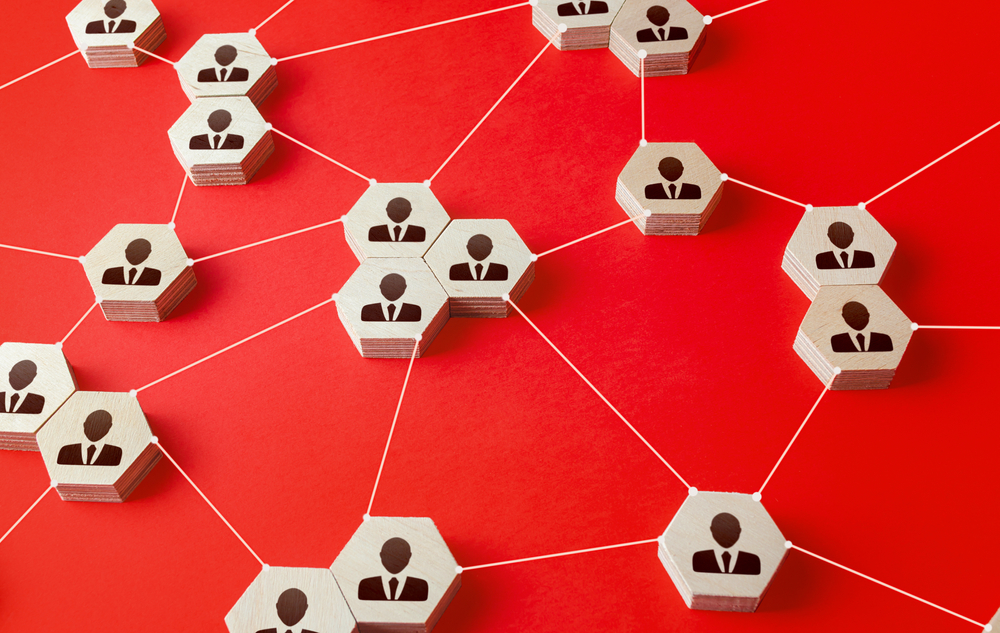
At this point, I bet you’re wondering: “This DAO thing sounds exciting! But how do I actually get involved?” Great news—it’s simpler than you might think! Let’s break down some straightforward options that anyone, even newcomers, can explore today.
Participating and Voting—Your Voice Counts!
Joining an existing DAO as a participant couldn’t be easier. Popular DAOs like MakerDAO, Uniswap DAO, and Aave DAO, actively encourage new members to join and contribute. Typically, participation involves obtaining some DAO-specific governance tokens, which you can buy or even earn by contributing skills or content to the DAO.
Holding governance tokens allows you to take part in vital decision-making processes. Your vote influences proposals ranging from financial investments, project strategies, or even community-based policies.
For example:
- In Uniswap DAO, token holders regularly vote on critical governance matters like protocol upgrades, fee structures, and partnerships.
- Aave DAO users propose and vote to add new cryptocurrencies or adjust lending rates, directly impacting platform features that affect millions of users.
Your voice truly matters here, and you get to shape a project’s direction—very different from traditional business structures!
A quick tip: Most DAOs use platforms like Snapshot or Tally to handle their voting and proposal systems. Joining the DAO’s official Discord or Telegram will quickly get you up to speed on the current proposals awaiting your votes.
Creating or Joining Your First DAO—It’s Easier Than You Think!
Maybe you’ve got a fantastic new idea or a passion-driven goal that’s perfect for a DAO structure. If you’re feeling extra ambitious, setting up your own DAO is also within reach, even if you’re not a coding wizard.
Today, platforms like Aragon, DAOstack, Colony, and DAOhaus make launching your DAO straightforward. They offer intuitive interfaces to create governance structures, launch initial token distributions, design smart contracts, and handle community proposals.
For those dipping their toes into the water, consider first joining a smaller, newer DAO. Smaller communities such as Seed Club or Friends With Benefits can often give you the tight-knit, supportive atmosphere needed to understand how everything works without feeling overwhelmed. You’ll quickly find yourself learning the ropes and building valuable relationships in a welcoming environment.
If you’d like a deeper understanding first, trusted resources like the World Economic Forum’s article on Are DAOs the Business Structures of the Future? and OSL’s insights discussed on their academy blog here, provide great background before jumping in.
Feeling excited yet? Wondering if DAOs will truly revolutionize how businesses operate—or if this movement is just a passing crypto craze? Then the next part is something you absolutely won’t want to miss!
Wrapping Up: Are DAOs Truly the Businesses of Tomorrow?
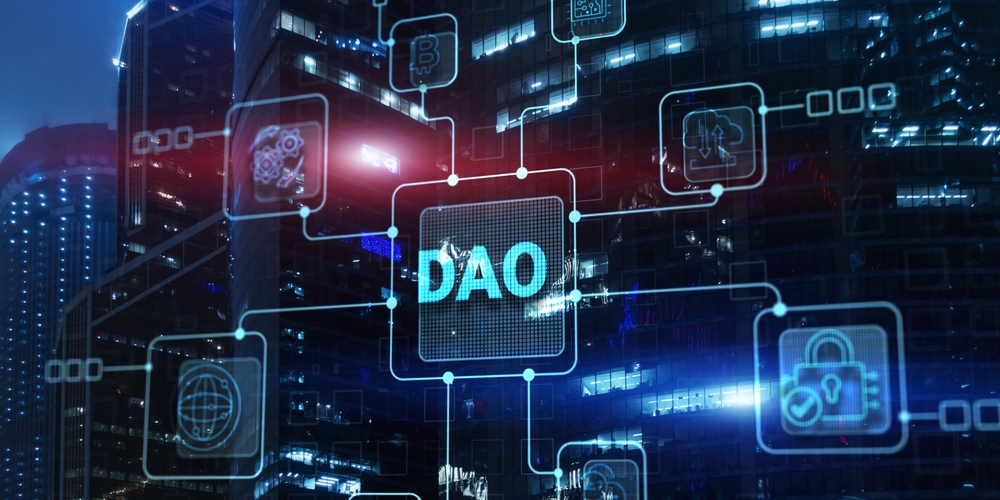
We’ve covered a lot of exciting ground on the promises and challenges of DAOs. I’d say DAOs have undeniably changed how we think businesses could operate, but if, like me, you’re wondering if they’ll truly go mainstream, it’s not so clear-cut yet.
DAOs Look Like the Real Deal, But There’s Much to Consider
There’s no denying the appeal—transparency, decentralized control, community-driven decisions. DAOs promise a fresh alternative to traditional business setups plagued by bureaucracy and lackluster trust. Remember ConstitutionDAO? They showed everyone a powerful example of collective action, raising $47 million in days to bid for a piece of American history. And then you have well-established DAOs like MakerDAO, reshaping decentralized finance. Real-world success stories like these prove DAOs aren’t just conceptual—they’re actually working.
But we can’t ignore that DAOs aren’t problem-free. Some real challenges include:
- Technical complexity: Interacting through blockchain and smart contracts can be tricky, and smart contract vulnerabilities can put millions at risk, as we saw with infamous cases like The DAO hack.
- Participant apathy and mismanagement: Remember, collective governance only works if people actively participate. If members lose interest or don’t vote, decision-making slows down or grinds to a halt altogether.
- Legal uncertainty: Yes, some regions like Utah are stepping forward, giving DAO structures legal recognition. But globally, most regulators haven’t yet fully caught up, creating gray areas for DAOs wanting long-term growth.
These issues aren’t deal-breakers, but they do highlight why careful optimism—not blind enthusiasm—is needed when exploring DAOs.
Should You Bet on DAOs Becoming Mainstream?
My answer? DAOs have serious potential, but jumping in requires caution, research, and thoughtful evaluation. If you’re considering joining forces with a DAO, here’s my friendly take:
- Start small. Join communities or projects you genuinely care about.
- Understand the responsibilities. Voting isn’t just a privilege; it’s an important role. Make it count!
- Keep security on your radar. Hold your tokens securely, learn about smart contract audits, and research each DAO’s reputation before diving in seriously.
Time to Decide: Join or Wait? (Closing Thoughts)
In my opinion, DAOs indeed offer an exciting preview of future business models—one emphasizing transparency, decentralized control, and shared incentives. Sure, challenges remain, but every technology faces hurdles before mainstream adoption.
If you’re adventurous enough, now could be a great moment to check out DAOs first-hand. Stay educated, research carefully—I’ll make sure Cryptolinks.com has your back with detailed coverage and trustworthy information anytime you need it.
Remember, innovation isn’t perfect. But being early can be rewarding both personally and financially. Whatever you choose, the exciting journey of Decentralized Autonomous Organizations is just getting started. So stay curious and explore safely—it’s definitely a thrilling time to watch this space unfold!
